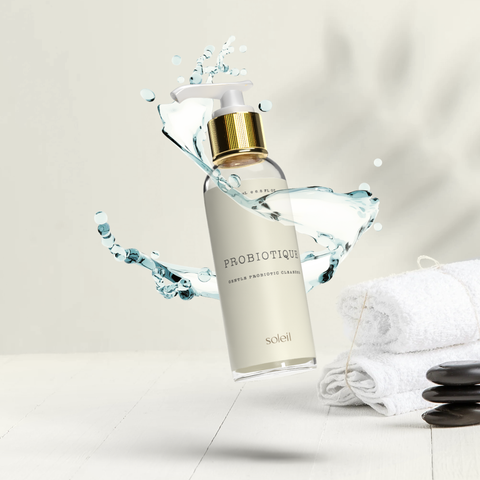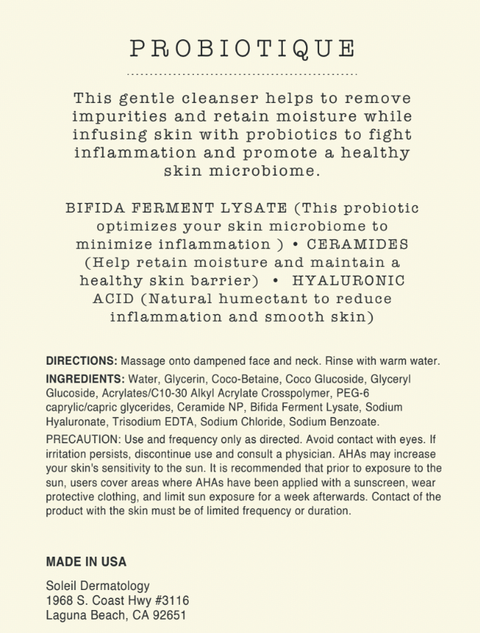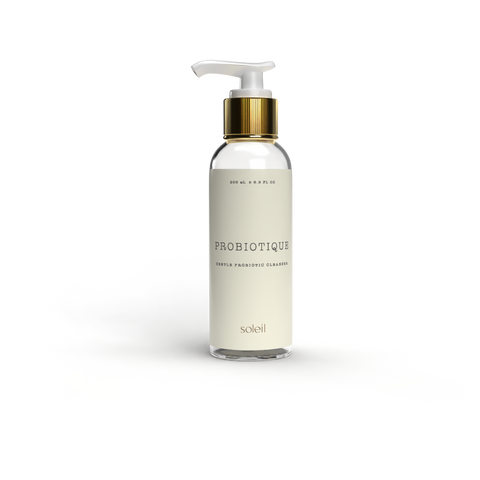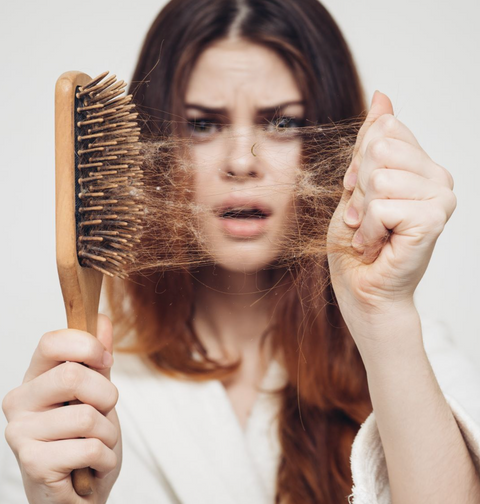What’s in Your Hair Supplement?
Information and Ingredients Matter…
Misinformation about hair loss abounds, leading to confusion and often unnecessary anxiety among those experiencing it. Myths such as the idea that wearing hats causes hair thinning, that stress is always the direct cause of hair loss, or that only men suffer from genetic hair loss permeate discussions, despite lacking scientific backing. Another common misconception is the oversimplification of solutions, such as the belief that cutting hair more frequently will make it grow thicker and faster, ignoring the complex interplay of genetics, hormones, and health. This spread of misinformation can lead individuals to pursue ineffective remedies or to delay seeking professional advice, potentially overlooking treatable conditions or more effective, scientifically validated treatments. It underscores the importance of relying on credible sources and medical professionals for information and guidance on hair loss and its management.
Ingredients Matter
What data is behind the most common ingredients found in hair supplements? Let’s look into the actual studies that have boosted these ingredients into popularity.
Horsetail is a plant that has been used for centuries in traditional medicine for its purported health benefits, including promoting hair growth. The stem and leaf of horsetail contain various bioactive compounds that are believed to contribute to its potential hair growth-supporting properties including silica, a mineral essential for the formation of collagen. Silica is thought to strengthen hair strands, making them less prone to breakage and additionally may improve circulation to the scalp, facilitating nutrient delivery to hair follicles. Horsetail contains antioxidants including flavonoids and phenolic compounds, which help protect hair follicles from oxidative stress caused by free radicals. Horsetail also contains minerals like calcium, potassium, and manganese, which provide support for the hair growth cycle, regulating sebum production, and nourishing the scalp. Finally, horsetail displays anti-inflammatory properties which promotes an environment for healthy hair growth. Journal of Medicinal Food, and authored by Četojević-Simin et al. (2010). The study details can be found here: Antioxidative and antiproliferative activities of different horsetail (Equisetum arvense L.) extracts.
Marine collagen, derived from fish or other marine sources, has gained popularity in recent years for its potential benefits for skin, hair, and overall health. Collagen is a protein that makes up a significant portion of hair providing strength and structure to the hair shaft, helping to prevent breakage and split ends. Marine collagen supplementation ensures that the body has an adequate supply of protein for hair growth and maintenance. Collagen is rich in specific amino acids, including proline, glycine, and hydroxyproline, which are essential for the synthesis of keratin, the protein that forms the structural building blocks necessary for hair growth. Collagen may also help stimulate hair follicles' activity and promote the transition of hair follicles from the resting phase (telogen) to the growth phase (anagen). Marine collagen contains antioxidants, such as certain amino acids and peptides, which help combat oxidative stress and free radical damage that can result in damage and premature hair aging, leading to hair loss and thinning. Finally collegen supplementation may promote scalp health and a nourishing base for hair follicles to ensure proper blood flow and nutrient delivery to the hair roots, promoting stronger, more resilient hair growth.
Ashwagandha (Withania somnifera) is an adaptogenic herb widely used in traditional Ayurvedic medicine for its numerous health benefits, including its potential to support hair growth. Several mechanisms may contribute to its purported hair-promoting properties, the main is thought be via stress reduction. Ashwagandha is renowned for its adaptogenic properties, meaning it helps the body adapt to stress and maintain balance. Chronic stress can disrupt hormonal balance, leading to conditions like telogen effluvium, where hair follicles prematurely enter the resting phase and shed. By reducing stress levels, ashwagandha may indirectly support healthy hair growth. Ashwagandha has been shown in some studies to modulate hormone levels, including cortisol, DHEA, and testosterone all of which are known to lead to shortening the active growth phase and leading to hair loss. Ashwagandha also contains bioactive compounds, such as withanolides and flavonoids, which possess antioxidant properties. Some studies suggest that ashwagandha may improve blood circulation by dilating blood vessels and enhancing microcirculation to nourish hair follicles and stimulate hair growth.
Curcumin, the active compound found in turmeric (Curcuma longa), has garnered attention in recent years for its many health benefits. Curcumin is well-known for its potent anti-inflammatory properties, which may battle chronic inflammation of conditions of the scalp such as alopecia areata and folliculitis that can disrupt the hair growth cycle, leading to hair loss. Curcumin’s antioxidant properties help neutralize free radicals and oxidative stress to support hair follicles and provide healthier, stronger hair growth. Some studies suggest that curcumin may inhibit activity of enzymes involved in DHT production, a hormone derived from testosterone that can contribute to hair loss by miniaturizing hair follicles in genetically susceptible individuals. Curcumin has been shown to improve blood circulation by enhancing endothelial function and dilating blood vessels to enhance blood flow to hair follicles and stimulate hair growth. Finally Cucurmin has been found to modulate stress-related pathways and reduce cortisol levels, thereby potentially supporting hair growth indirectly by reducing stress.
Saw palmetto (Serenoa repens) is a plant native to the southeastern United States and has been traditionally used for various medicinal purposes, including its potential to support hair growth by several mechanisms. The primary mechanism by inhibiting the activity of 5-alpha-reductase, an enzyme responsible for converting testosterone into dihydrotestosterone, the hormone that can contributes to hair loss by miniaturizing hair follicles in individuals genetically susceptible individials. By reducing DHT,, saw palmetto may prevent and slow hair loss, while promoting hair regrowth. Saw palmetto exhibits anti-inflammatory properties, which may help alleviate scalp inflammation. Chronic inflammation of the scalp can disrupt the hair growth cycle and contribute to conditions like alopecia areata or folliculitis, leading to hair loss. By reducing inflammation, saw palmetto may create a conducive environment for healthy hair follicle function and growth. Saw palmetto has been suggested to promote overall scalp health by reducing excess sebum production and preventing the buildup of oil and debris on the scalp by limiting the sebum production induced by androgens. Finally saw palmetto may promote the transition of hair follicles from the resting phase (telogen) to the growth phase (anagen).

Image Source: Women'sHealth
As with any supplement or herbal remedy, it's advisable to consult with a healthcare professional before incorporating them into your regimen, especially if you have underlying health conditions or are taking medications. Additionally, maintaining a balanced diet, practicing good hair care habits, and addressing any underlying health issues are essential for promoting optimal hair health and growth.







